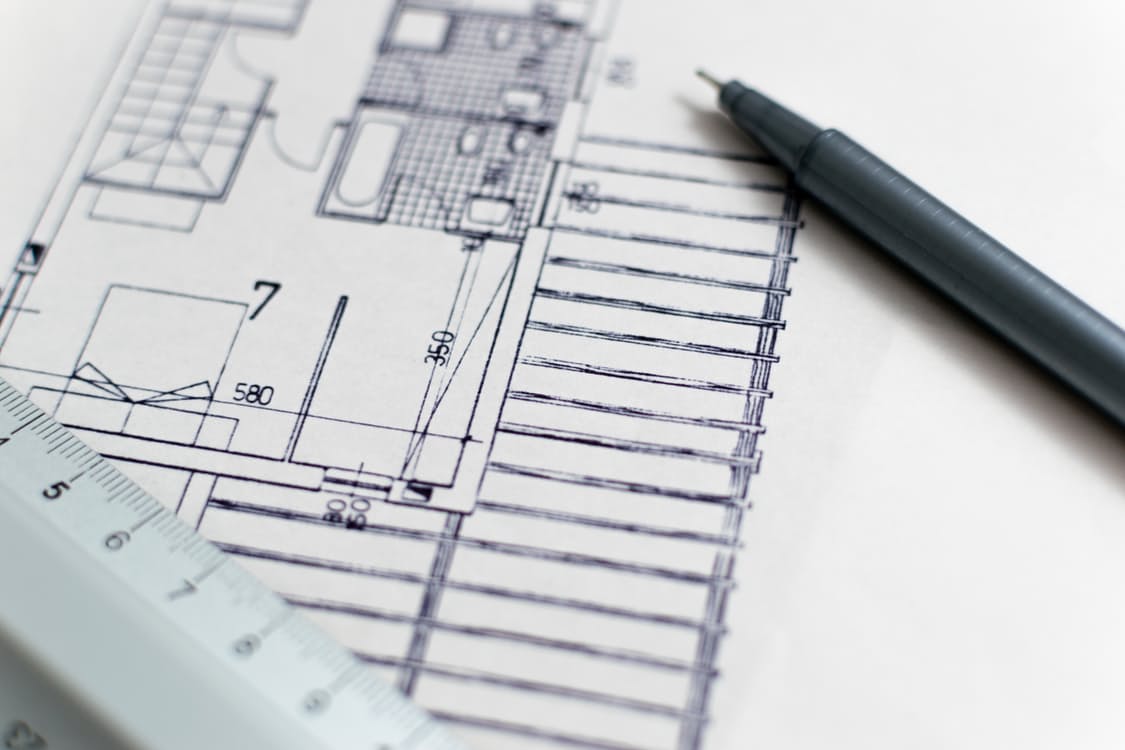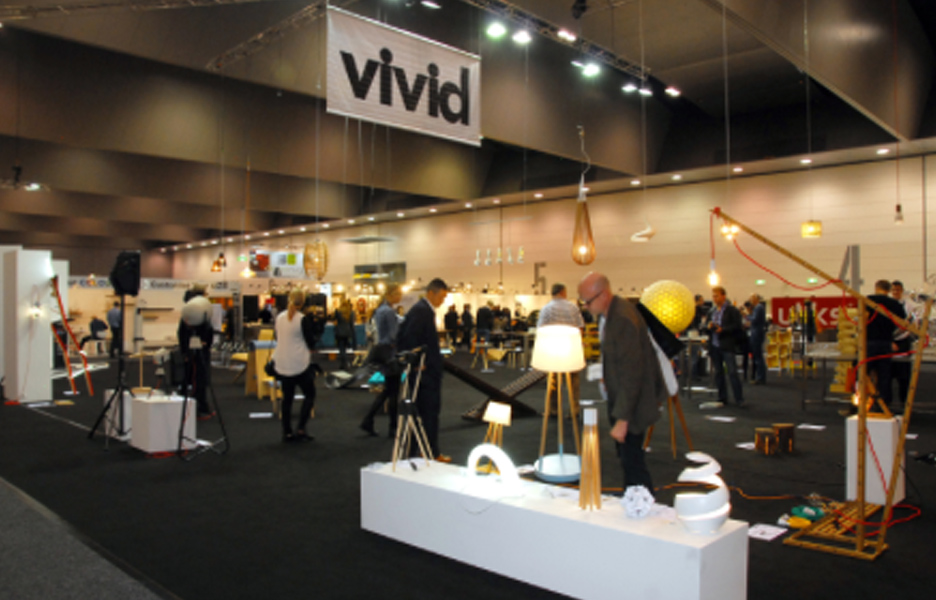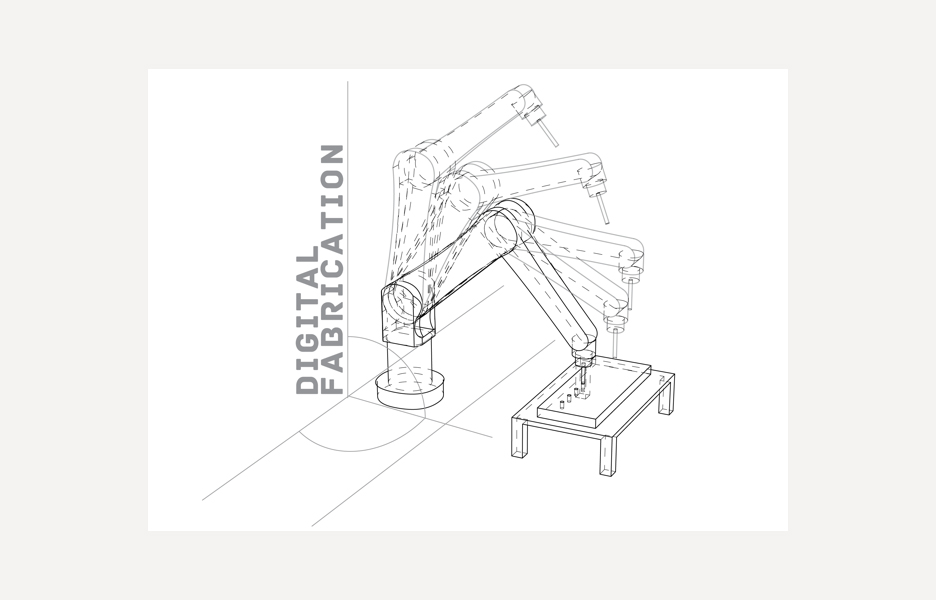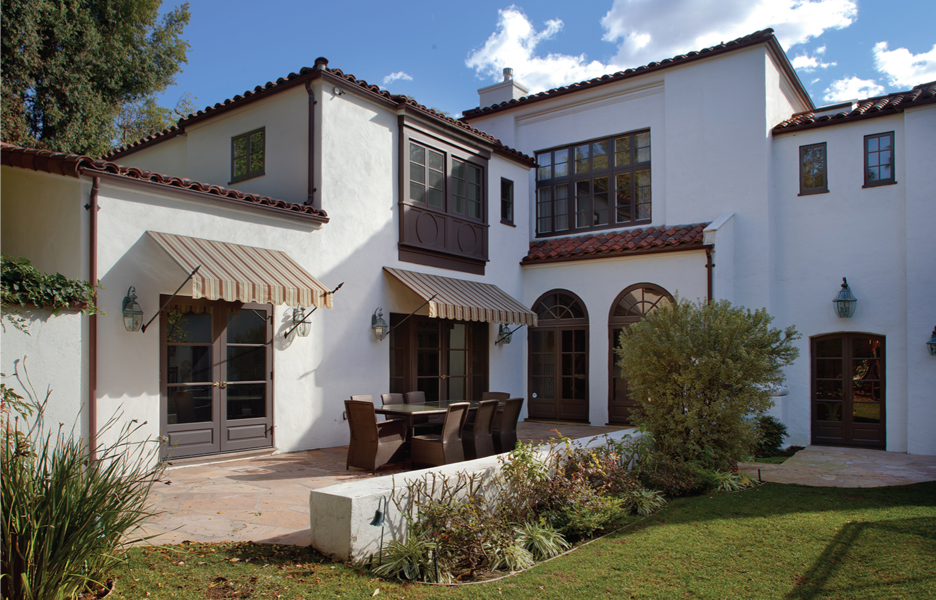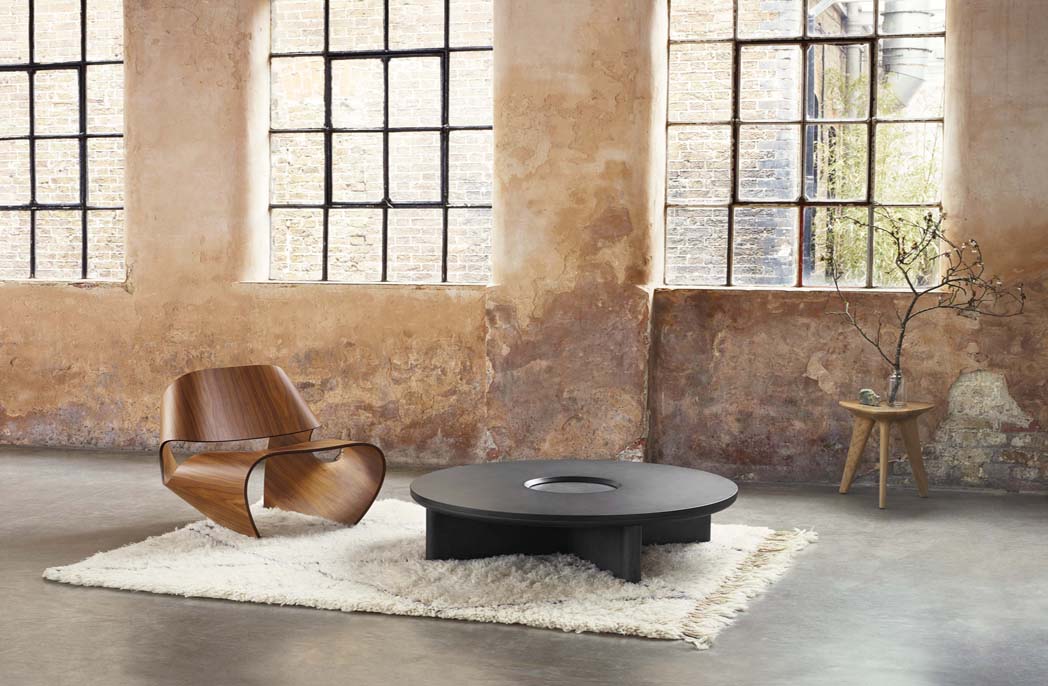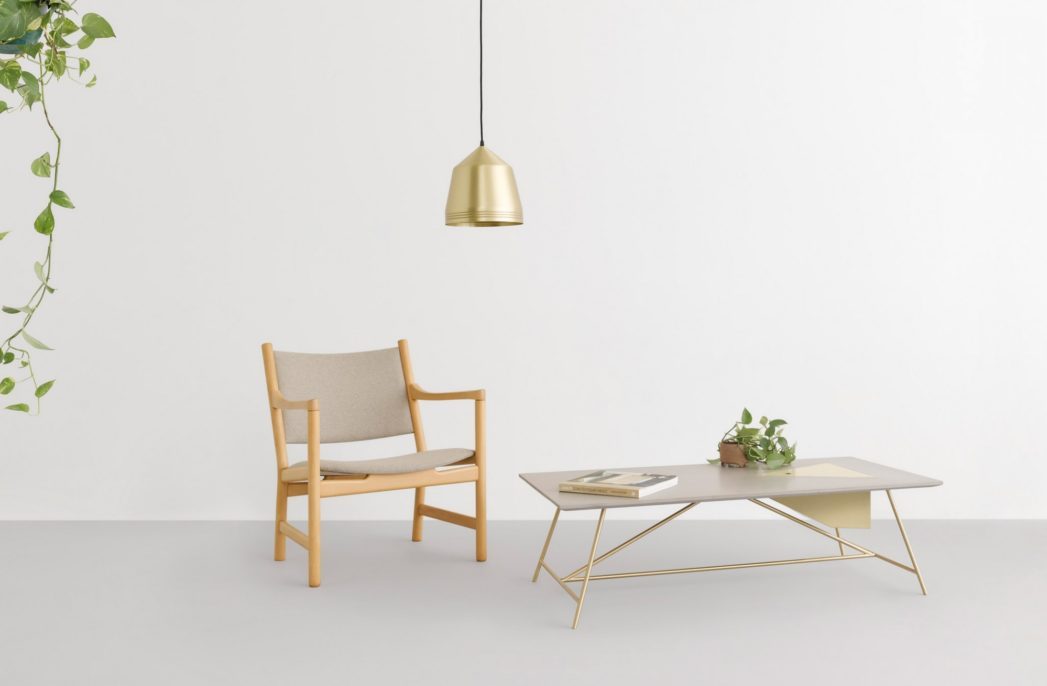
How can we design alternative models of living?
How can we design alternative models of living?
Share
As the housing affordability crisis reaches epic proportions it’s time to consider alternative modes of living. The Room Xchange is a way to utilise the millions of spare bedrooms in Australia. Architecture Review (AR) will be looking at the opportunities for architects in this space in a future issue, but first, the start-up’s founder Ludwina Dautovic introduces us to the concept.
I recently had a wonderful dinner with three young women in their 20s. It’s our third dinner together and a relationship that didn’t begin as a friendship; they’re tenants in our rental property. Five years ago, when we first rented what had been our family home, I made a commitment to rent it to young adults with no rental history.
My motivation sprang from having two adult children of my own, in their early 20s, who would one day become renters themselves. I was concerned at how they would enter into such a competitive and expensive market without a rental history, rental references and income that would meet the requirements.
I wanted to give our tenants the opportunity to build a rental reputation and history, so that when the day came for them to move on, they could do so with a history of tenancy. However, I didn’t go into it blindly. Giving people a hand up is very different to a handout. I required a letter of guarantee from their parents, with whom I also had a phone conversation and I checked character and employment references.
As long as they worked part-time, were working towards a goal and had the right attitude, I gave them a chance. Over the years we’ve had 15 tenants who stayed for an average of 1.5 years. They signed a lease and the bond was deposited with the rental bond board. All the usual requirements were met and, to my delight, achieved.
One of the most wonderful outcomes about my experience is the relationships that formed over the years. Leases were signed over dinner at our house and property inspections replaced with dinner at theirs. It was and continues to be transformative for all. When each tenant moved on to the next chapter of their life, the house was left clean and a replacement tenant was found, leaving no gap in the rent. They received glowing recommendations and were able to move on to other rental properties.
Every real estate agent that called to check their reference expressed how wonderful it was that they had such a glowing reference at such a young age. This is my experience of Millennials. Given the opportunity and when bonded by trust, it’s respected and appreciated. They have inherited an extremely high cost of living, with incomes that barely meet their basic human needs along with an uncertain future.
Gen X Experience
I felt like such an adult when I rented my first flat. I was 18 and it was a one- bedroom in Bondi Beach, Sydney. It was 34 years ago, and I was working in the hospitality industry at the time. I made about $400 a week earning $10 an hour and my rent was $100 a week. That was 25 percent of my income.
The same type of work today pays an appalling minimum wage of just under $19 an hour, yet the rent for the same apartment at Bondi Beach, on average, costs $600 a week. That’s around 80 percent of the income earned.
My generation, Gen Xs, have benefited from the property boom, myself included. We’ve enjoyed the high returns of capital gain and tapped into equity to further build our wealth. These questions need to be discussed in a forum that doesn’t think of Millennials as the ‘smashed avo’ generation.
Over five years of renting to Millennials, it has been my experience that they are responsible, appreciative, grateful for the support and respectful of property. They care for the environment, their health and have a good social conscience. They also want a chance to live, work, experience life and have a future.
These values were what spurred me to build The Room Xchange. It’s about sharing resources that already exist – the spare bedroom. We’re building social cohesion, connecting people from different cultures and ages and creating a win-win in the housing market on both sides of the equation. Stressed out, time-poor households working extended hours to pay for high mortgages can utilise their spare bedroom by sharing with a guest who is willing to help out for two hours a day in exchange for food and accommodation.
It’s not the only solution, but we can certainly put a dent in the stress around housing, considering there are over seven million spare bedrooms in Australia alone. Over the last five years, I’ve personally hosted six Millennials.
Every one of our guests has contributed to our lives in a real and profound way. In turn, we’ve been able to support them at various stages in their lives. Our platform has gone on to connect hosts with guests across Australia. The guests are a mix of university students, young adults leaving home for the first time or in between stages of life. Most are simply looking for affordable accommodation.
What I’d like to see is the real estate industry offering Millennials a solution other than saying ‘no’. What if a year of ‘xchanging’ had the same weight and reference value as a year of renting? Imagine if the real estate industry looked at The Room Xchange as a rental apprenticeship. A way to show responsibility, consistency and respect for someone else’s property. Aren’t they one and the same? In addition, this could not only build their reference base, but also increase their bank balance by saving them around $20,000 a year. Imagine the impact it could have on a young adult’s life.
Xchange – rent – buy
Let’s take it a step further. What if ‘xchanging’ were offered as a third option? Imagine the benefits to all. Not everyone wants to share their spare bedroom or granny flat, but given the systemic problems that many have in entering the market, it’s certainly something to think about. I was recently asked by my current guest ‘xchanger’, Andrew Butler, a 33-year-old with a PhD in astrophysics: “Why it is that shelter, one of the most basic of human needs, is so difficult to acquire?” It’s a great question. I’d like to help build a future where housing affordability is a fundamental right of every human being; not a privilege.
Image: 123RF’s bbtreesubmission © 123RF.com

